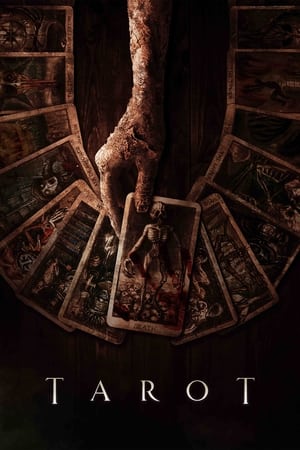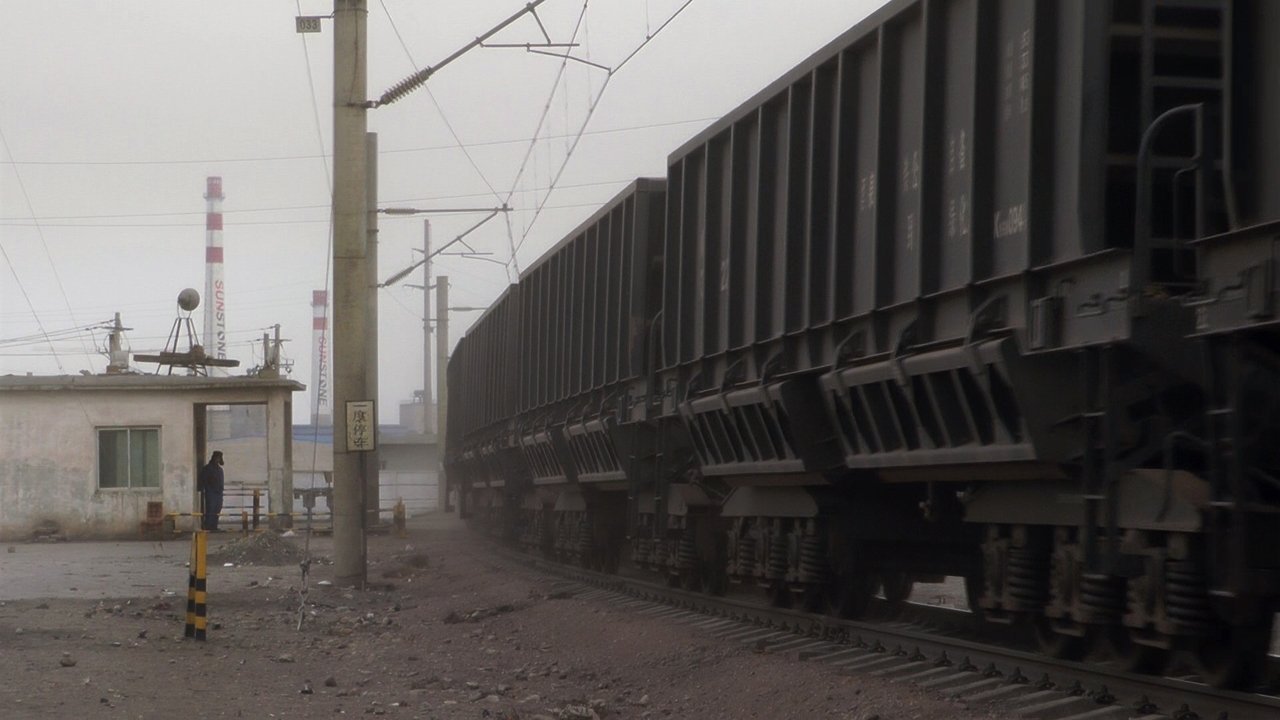
The Iron Ministry(2014)
Filmed over three years on China’s railways, The Iron Ministry traces the vast interiors of a country on the move: flesh and metal, clangs and squeals, light and dark, and language and gesture. Scores of rail journeys come together into one, capturing the thrills and anxieties of social and technological transformation. The Iron Ministry immerses audiences in fleeting relationships and uneasy encounters between humans and machines on what will soon be the world’s largest railway network.
Movie: The Iron Ministry
Video Trailer The Iron Ministry
Recommendations Movies
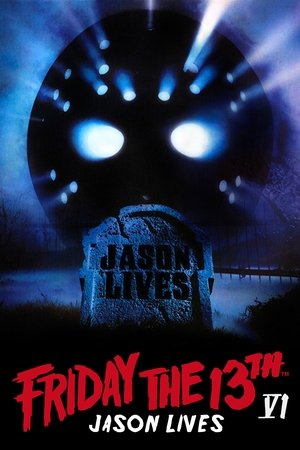 6.2
6.2Friday the 13th Part VI: Jason Lives(en)
Tommy Jarvis, tormented by the fear that maybe Jason isn't really dead, unwittingly resurrects the mass murderer for another bloody rampage.
 6.7
6.7River of No Return(en)
An itinerant farmer and his young son help a heart-of-gold saloon singer search for her estranged husband.
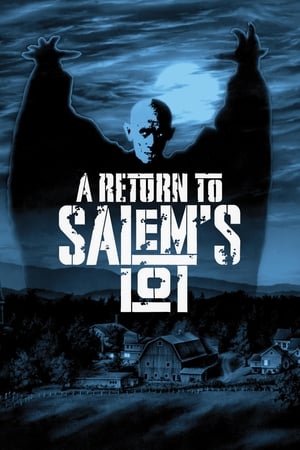 5.9
5.9A Return to Salem's Lot(en)
Joe Weber is an anthropologist who takes his son on a trip to the New England town of Salem's Lot unaware that it is populated by vampires. When the inhabitants reveal their secret, they ask Joe to write a bible for them.
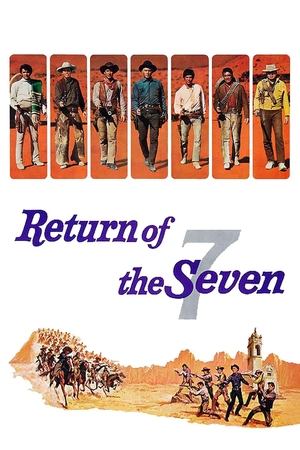 6.1
6.1Return of the Seven(en)
Chico, one of the remaining members of The Magnificent Seven, now lives in the town that they (The Seven) helped. One day someone comes and takes most of the men prisoner. His wife seeks out Chris, the leader of The Seven for help. Chris also meets Vin another member of The Seven. They find four other men and they go to help Chico.
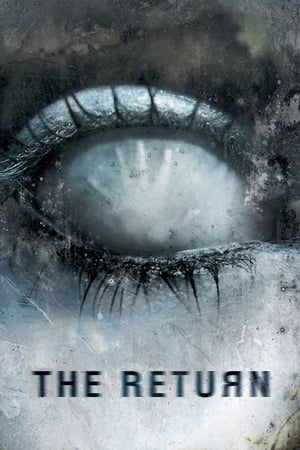 6.0
6.0The Return(en)
Joanna Mills has a successful career but feels her personal life is spinning out of control. She has few friends, an estranged father, and a crazy ex-boyfriend who is stalking her. Joanna begins having terrifying visions of a woman's murder, and it seems that she is the killer's next target. Determined to solve the mystery and escape her apparent fate, Joanna follows her visions to the victim's hometown and finds that some secrets just do not stay buried.
 5.2
5.2Species III(en)
After she delivers her child in an ambulance, alien Eve is killed by a half-breed. Fortunately, Dr. Abbot scoops up the baby alien and escapes. In time, the baby grows into a gorgeous blonde named Sara and begins her quest to find a worthy mate. But Sara is also savage and leaves a trail of deaths in her wake. This carnage makes chemistry student Dean question whether to help her race or not.
 4.3
4.32-Headed Shark Attack(en)
A Semester at Sea ship is attacked and sunk by a mutated two-headed shark, and the survivors seek refuge on a deserted atoll. The coeds, however, are no longer safe when the atoll starts flooding.
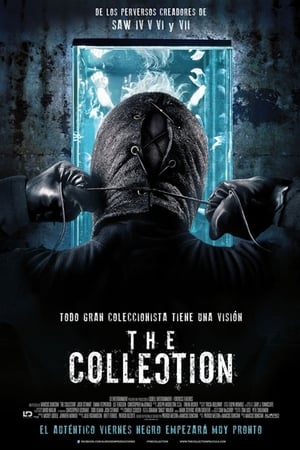 6.4
6.4The Collection(en)
Arkin escapes with his life from the vicious grips of "The Collector" during an entrapment party where he adds beautiful Elena to his "Collection." Instead of recovering from the trauma, Arkin is suddenly abducted from the hospital by mercenaries hired by Elena's wealthy father. Arkin is blackmailed to team up with the mercenaries and track down The Collector's booby trapped warehouse and save Elena.
 7.2
7.2Pusher III(da)
Milo is aging, he is planning his daughter's 25th birthday, and his shipment of heroin turns out to be 10,000 pills of ecstasy. When Milo tries to sell the pills anyway, all Hell breaks loose and his only chance is to ask for help from his ex-henchman and old friend Radovan.
 7.0
7.0A Better Tomorrow II(zh)
A restauranteur teams up with a police officer and his ex-con brother to avenge the death of a friend's daughter.
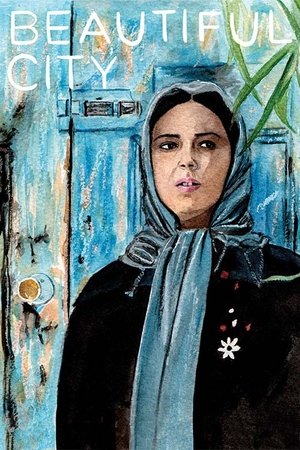 7.7
7.7Beautiful City(fa)
Akbar, 18, has been held in a rehabilitation centre for committing murder at the age of sixteen. Now, Akbar is transferred to prison to await the day of his execution. A’la, a friend of Akbar, tries desperately to gain the consent of Akbar’s plaintiff so as to stop the execution.
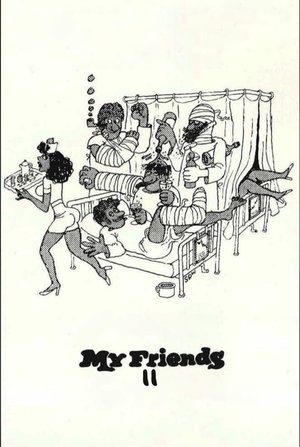 7.6
7.6My Friends Act II(it)
The four old friends meet on the grave of the fifth of them, Perozzi, who died at the end of the first episode. Time has passed but they are still up for adventures and cruel jokes, and while they recall the one they created together with the late friend, new ones are on their way, starting right there at the cemetery.
 7.6
7.6Deadpool & Wolverine(en)
A listless Wade Wilson toils away in civilian life with his days as the morally flexible mercenary, Deadpool, behind him. But when his homeworld faces an existential threat, Wade must reluctantly suit-up again with an even more reluctant Wolverine.
 6.8
6.8Tyler Perry's The Family That Preys(en)
Wealthy socialite Charlotte Cartwright and her dear friend Alice Pratt, a working class woman of high ideals, have enjoyed a lasting friendship throughout several decades. Recently, their lives have become mired in turmoil as their adult children’s extramarital affairs, unethical business practices, and a dark secret threaten to derail family fortunes and unravel the lives of all involved. Charlotte and Alice decide to take a breather from it all by making a cross-country road trip in which they rediscover themselves and possibly find a way to save their families from ruin.
 6.8
6.8The Assessment(en)
In a climate change-ravaged world, a utopian society optimizes life, including parenthood assessments. A successful couple faces scrutiny by an evaluator over seven days to determine their fitness for childbearing.
Similar Movies
 0.0
0.0News Feed on My...(ko)
I just watch the news of war in a distant country on my mobile. My fingers go back day by day to the day the war broke out and pose to see comments posted on the Facebook News Feed that I follow. Outside, I have friends who participated in anti-war rallies.
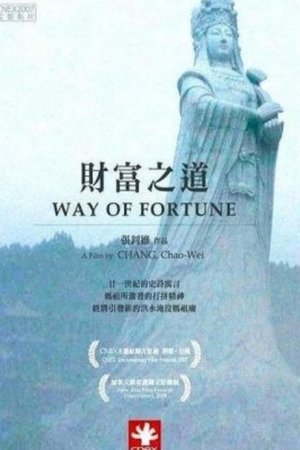 0.0
0.0Way of Fortune(zh)
"Mazu" or "The Sea God" has been the most important religious belief of ordinary people in my hometown for four hundred years. Along the coast of China and even in the Nanyang region, there is at least one temple dedicated to Mazu in various seaside cities-this geographical and historical distribution coincides with the contemporary economic or industrial area of Chinese society. It is frustrating that rapid economic development has led to global warming. The factories located on the coast of southern China from all over the world will eventually cause flooding and inundate these temples dedicated to Mazu. This is indeed a very ironic discovery for our civilization, "We", not only Chinese or all human beings, now or in the past, how can we Chinese avoid this upcoming tragedy?
 7.6
7.6Twenty Two(zh)
Follow the lives of the elderly survivors who were forced into sex slavery as “Comfort Women” by the Japanese during World War II. At the time of filming, only 22 of these women were still alive to tell their story. Through their own personal histories and perspectives, they tell a tale that should never be forgotten to generations unaware of the brutalization that occurred.
 7.9
7.9Industrial Accident: The Story of Wax Trax! Records(en)
The true story of punks, queers, & criminals on a ride with two men who accidentally changed music along the way.
 0.0
0.0First Vote(en)
A soon-to-be first-time voter, the filmmaker’s thought-provoking journey into the Rust Belt and South captures four Asian American voters’ ardent first time grassroots political participation ignited by the 2016 rise of “Chinese Americans for Trump.” FIRST VOTE is a character driven cinema verité style film chronicling the democratic participation of four Asian American voters from 2016 through the 2018 midterm elections.
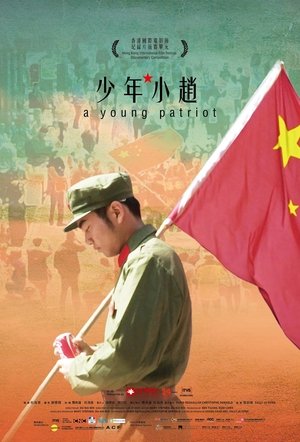 7.0
7.0A Young Patriot(zh)
A documentary chronicling the coming of age of a young chinese man.
 8.0
8.0Heidi in China(en)
In 1946, Heidi is entrusted to a Swiss family by her father. He will never come back for her. Today, François Yang questions his mother about her past. What follows is a journey to China, a quest to reconstruct memory. Through contact with her brothers and sister, Heidi measures the extent of the drama experienced by her family that remained in China, persecuted by the Communist Party.
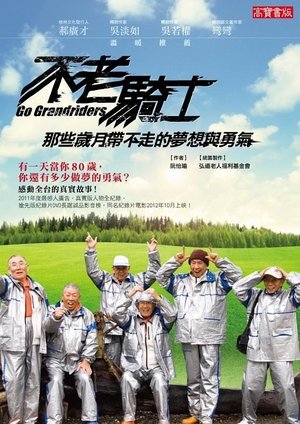 7.3
7.3Go Grandriders(zh)
17 riders with avarage age 81 decide to follow the dream of their youth and start their journey to ride around Taiwan island.
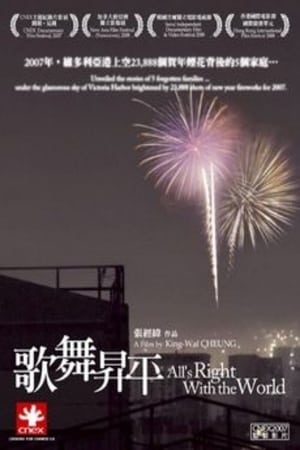 0.0
0.0All's Right With The World(zh)
The film explores the hidden face of poverty in one of the world's most affluent and capitalistic cities. Directed by CHEUNG King Wai (KJ: Music and Life), the film follows five Hong Kong families of different backgrounds that receive government subsidies. How do the poor get by in a glossy city that flaunts conspicuous consumption and hides poverty in cavernous public housing estates? All's Right With The World shares the different stories of these low-income families, their daily living conditions, and their ways of celebrating Chinese New Year.
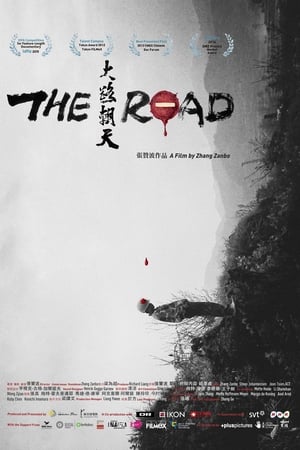 8.5
8.5The Road(zh)
A highway is waiting to go through a quiet village in Hunan, a province in central China where Mao was from. Due to the high cost of construction, construction companies and migrant workers who live on road work rush to here like the tide. In the following four years, they root in this strange place for interests, paying sweat and blood, even their lives. With their arrival, local village and peasants are forced to change their lives. Many hidden interest lines and hidden rules about road construction of the nation are unveiled, together with the shocking truth and emerging secrets.
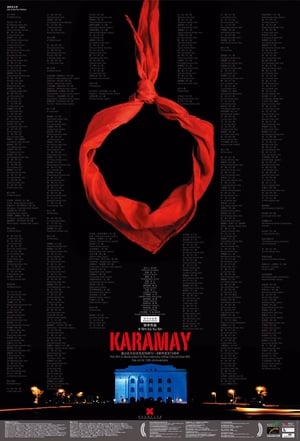 7.5
7.5Karamay(zh)
In 1994, the oil-rich city of Karamay in Northwest China was the site of a horrible fire that killed nearly 300 schoolchildren. The students were performing for state officials and were told to stand by while the officials exited first. After the fire, the story was heavily censored in the Chinese state media. To this day, the families of Karamay have not been allowed to publicly mourn their children.
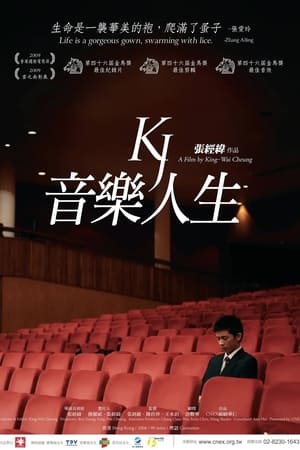 7.8
7.8KJ: Music and Life(cn)
KJ is a biography of a HK musical genius. At the age of 11, KJ won the Best Pianist price and went to Czech to perform with a professional orchestra. Touching on subjects such as the meaning of life, God and the artistic process, the director’s 6-year-conversations with KJ reveal how a young man inspires by his music teacher, Nancy Loo and how he conflicts with his peers and parents. KJ is not about the victory of a genius, but how he learns to be a "human being".
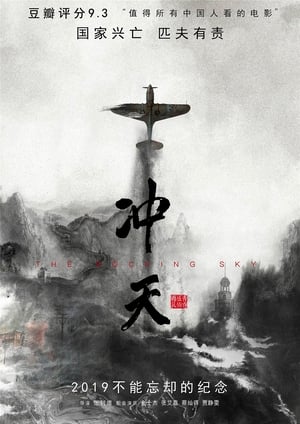 9.0
9.0The Rocking Sky(zh)
To commemorate the 70th anniversary of the victory of WWII, this documentary film describes the eight years of dauntless air-force fighting of the republic of China during the Anti-Japanese War, with only 300 combat-capable aircraft from China while Japan had over 2000.
 0.0
0.0Chinese Closet(zh)
A large majority of LGBT people in mainland China remain in the closet. Most of these closet doors are kept tightly shut by pressure from friends, family, and society itself. This documentary hopes to explore the experience of coming out in China through a series of interviews with out homosexuals. The interviews touch upon the discrimination, suppression, and even violence they have endured as well as the touching moments where they experienced compassion and understanding. The documentary also covers gay rights activist and proud mother of a homosexual, Wu Youjian, who stands strongly by her son and other gay men in full support.
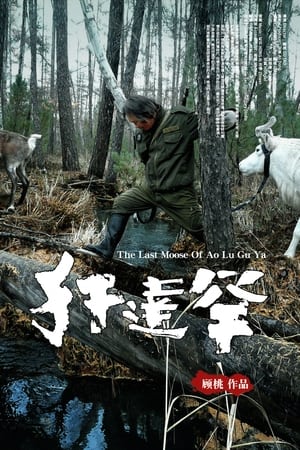 8.0
8.0The Last Moose Of Ao Lu Gu Ya(zh)
Documentary about a tribe of indigenous people in northern China.
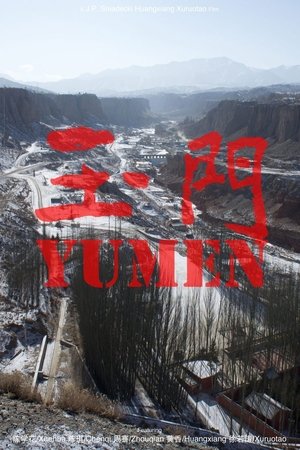 7.0
7.0Yumen(zh)
Set in a quasi-ghost town that once thrived with oil in China's arid northwest, Yumen is a haunting, fragmented tale of hungry souls, restless youth, a wandering artist and a lonely woman, all searching for human connection among the town's crumbling landscape. One part "ruin porn", one part "ghost story”, and entirely shot on 16mm, the film brings together performance art, narrative gesture, and social realism not only to play with convention and defy genre, but also to pay homage to a disappearing life-world and a fading medium.
 7.0
7.0The Yellow Bank(zh)
A short documentary that captures the longest total solar eclipse of the 21st century, The Yellow Bank takes you on a contemplative boat ride across the Huangpu River in Shanghai, China. Filmmaker J.P. Sniadecki, who lived and worked in Shanghai nine years earlier, uses the eclipse as a catalyst to explore the way weather, light, and sound affect the urban architectural environment during this extremely rare phenomenon.
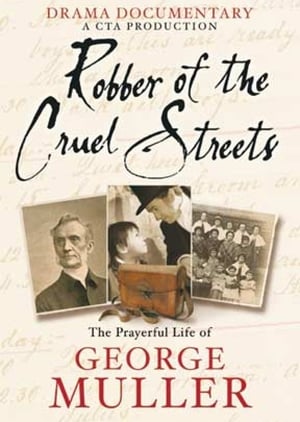 7.0
7.0Robber of the Cruel Streets(en)
This program presents the life and ministry of George Muller, who cared for thousands of orphans in 19th century England. He never asked anyone for money. Instead he prayed, and his children never missed a meal.





